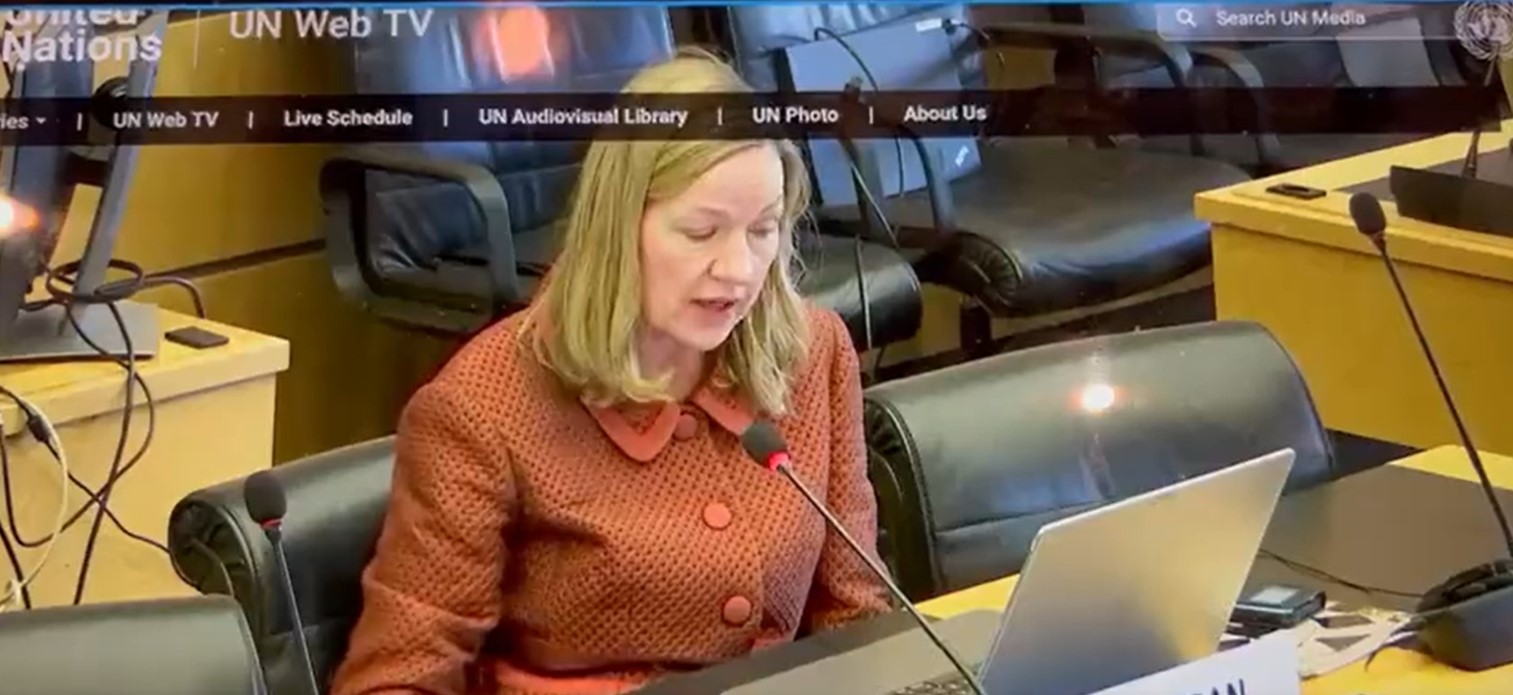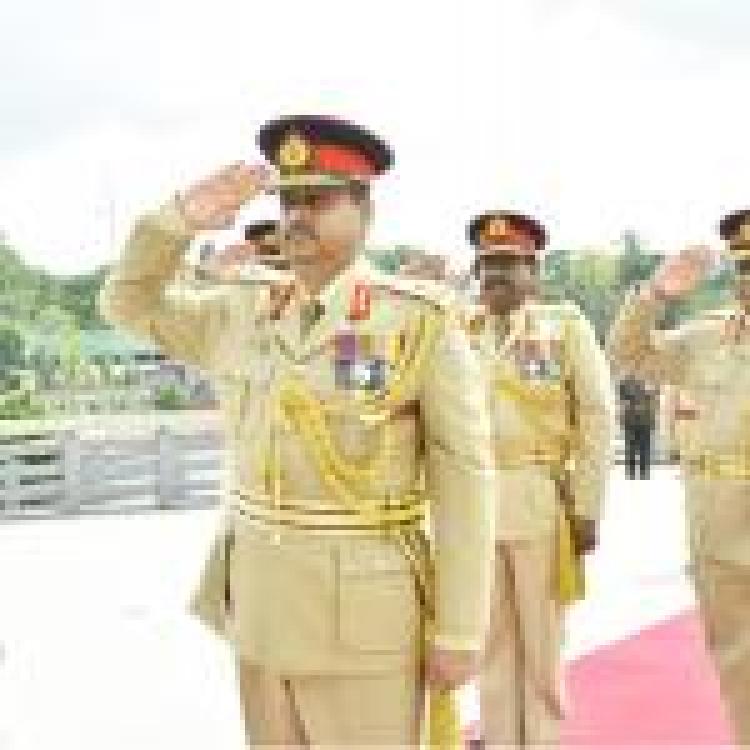
Marcia V. J. Kran, Canadian lawyer and expert member of the UN Human Rights Committee, pressed Sri Lanka delegate Major General Kulatunga about his role in overseeing the Joseph Camp in Vavuniya, plagued with allegations of torture, and the Army Court’s denial of war crimes.
Kulatunga served as Commander of the notorious Wanni Security Force Headquarters in Vavuniya, commonly referred to as the Joseph Camp, from 2016-2017. The camp has been marked by repeated accounts of torture and sexual violence throughout the armed conflict, with more recent accounts of torture dated as late as 2017.
“The Office of the High Commissioner for human rights found these allegations credible so could you also provide information on steps towards accountability for violations during the final stages of the conflict that have been taken in practice de facto? Major General Kulatanga is a member of the state party delegation to this dialogue. Could he perhaps comment on these issues? We are aware that he was a member of the Army Court of Inquiry which I mentioned and as well that in 2016 and 2017, he was commander at the Joseph Military Camp. I look forward to the state party’s response to these questions," Kran stated.
In March 2017, the International Truth and Justice Project (ITJP) released a report documenting accounts of torture.
“Witnesses provided ITJP with searing testimony of torture in Joseph Camp that included rape with objects such as cricket wickets and glass bottles, as well as in two cases barbed wire inserted inside a pipe and then withdrawn to tear the flesh of the rectum. All of the women and 18 of the men described being raped and sexually violated”, the report reads.
Thank you #canada for asking #srilanka delegate major general Kulatunga about Joseph Camp & his role in a military inquiry that denied war crimes! #lkapic.twitter.com/rgsLvA8svn
— ITJP (@itjpsl) March 9, 2023
Kulatunga played a vital role in Sri Lanka’s war efforts and served for over 25 years in the North and East. During this time the military faced severe criticism for its dire human rights record.


